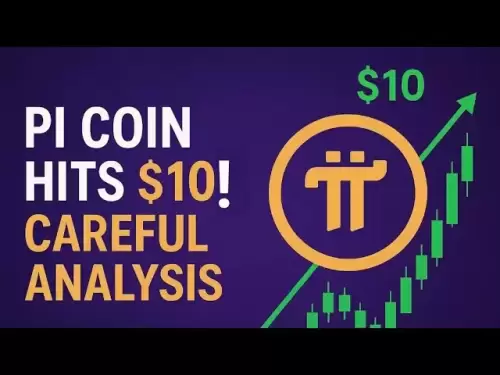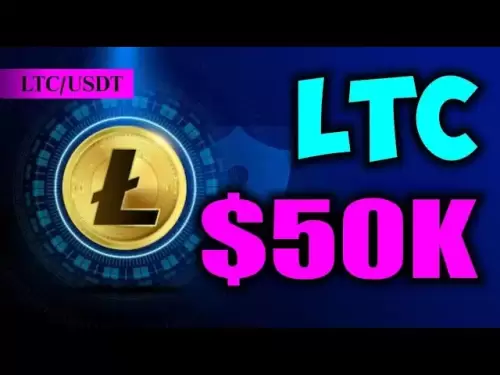-
 Bitcoin
Bitcoin $118000
-0.23% -
 Ethereum
Ethereum $3651
1.66% -
 XRP
XRP $3.423
-1.58% -
 Tether USDt
Tether USDt $1.001
-0.02% -
 BNB
BNB $742.8
0.69% -
 Solana
Solana $177.8
0.30% -
 USDC
USDC $0.9999
0.01% -
 Dogecoin
Dogecoin $0.2539
0.03% -
 TRON
TRON $0.3199
-1.74% -
 Cardano
Cardano $0.8382
0.59% -
 Hyperliquid
Hyperliquid $44.83
0.05% -
 Stellar
Stellar $0.4602
-1.49% -
 Sui
Sui $3.850
0.58% -
 Chainlink
Chainlink $18.62
2.56% -
 Hedera
Hedera $0.2681
0.97% -
 Avalanche
Avalanche $24.63
3.07% -
 Bitcoin Cash
Bitcoin Cash $522.5
0.96% -
 Shiba Inu
Shiba Inu $0.00001507
-0.80% -
 Litecoin
Litecoin $113.6
9.75% -
 UNUS SED LEO
UNUS SED LEO $8.994
0.24% -
 Toncoin
Toncoin $3.197
-0.43% -
 Polkadot
Polkadot $4.361
1.13% -
 Uniswap
Uniswap $10.45
1.41% -
 Monero
Monero $327.5
0.65% -
 Ethena USDe
Ethena USDe $1.001
-0.03% -
 Bitget Token
Bitget Token $4.992
-1.12% -
 Pepe
Pepe $0.00001355
0.67% -
 Dai
Dai $1.000
0.01% -
 Aave
Aave $322.6
0.15% -
 Bittensor
Bittensor $415.5
0.88%
What are crypto gas fees
Gas fees are charges users pay to compensate for computational energy needed to process blockchain transactions, varying based on network demand and transaction complexity.
Jul 13, 2025 at 10:14 am
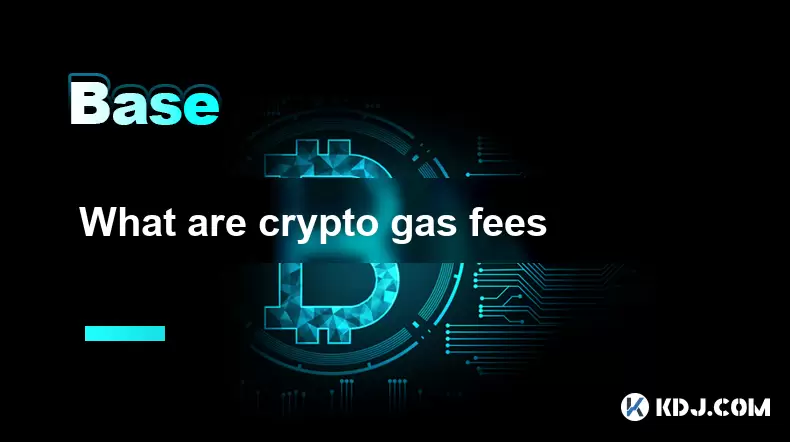
Understanding the Concept of Gas Fees in Cryptocurrencies
In the world of blockchain and cryptocurrencies, gas fees play a critical role in how transactions are processed and prioritized on decentralized networks. These fees are essentially charges users pay to compensate for the computational energy required to process and validate transactions or smart contracts on a blockchain network. While gas fees exist across multiple blockchains, they were first popularized by Ethereum and remain most commonly associated with it.
Each transaction or interaction on a blockchain consumes processing power from the network’s nodes, which must be rewarded for their efforts. This reward comes in the form of gas fees, paid in the native cryptocurrency of that particular blockchain — for example, ETH (Ethereum) for the Ethereum network.
The Mechanics Behind Gas Fees
To understand gas fees more deeply, it's important to break down the mechanics involved. Every operation on a blockchain, whether it's sending tokens, deploying a smart contract, or interacting with a decentralized application (dApp), requires computational resources. The complexity of the operation determines the amount of gas units needed to complete it.
- Gas Units: Each action has a predefined number of gas units required.
- Gas Price: This is usually denominated in Gwei (1 billion Gwei equals 1 ETH) and represents how much you're willing to pay per unit of gas.
- Total Fee: Calculated as Gas Units × Gas Price.
Users can set the gas price themselves. If you choose a higher gas price, your transaction is likely to be processed faster because miners or validators prioritize transactions offering better compensation.
Why Do Gas Fees Fluctuate?
One of the most noticeable characteristics of gas fees is their volatility. Users often wonder why gas fees can sometimes be extremely low and at other times prohibitively high. The primary reason behind this fluctuation is network congestion.
When many people are transacting on the network simultaneously — such as during an NFT drop or DeFi yield farming event — demand for block space increases dramatically. As a result, users must bid higher gas prices to get priority access, leading to spikes in overall fees.
Additionally, blockchain upgrades or protocol changes can also impact gas fee structures. For instance, Ethereum’s EIP-1559 introduced a base fee mechanism that burns part of the gas fees, altering the dynamics of fee calculation and supply distribution.
How Are Gas Fees Different Across Blockchains?
While Ethereum remains the most prominent platform where gas fees are discussed, other blockchains implement similar mechanisms with varying terminologies and structures. For example:
- Binance Smart Chain (BSC): Uses BNB as the native token to pay for gas fees, generally offering lower costs compared to Ethereum.
- Polygon (Matic): Operates as a Layer 2 solution, meaning gas fees are significantly reduced while maintaining compatibility with Ethereum.
- Solana: Charges minimal fees and uses a different model optimized for speed and scalability.
Despite differences in implementation, the core idea remains consistent: users pay for computational resources consumed during blockchain interactions. However, each blockchain tailors its gas fee system based on consensus mechanisms, network architecture, and scalability solutions.
Strategies to Minimize Gas Fees
Given the unpredictable nature of gas fees, especially on heavily used networks like Ethereum, users often look for ways to reduce their transaction costs. Here are some practical strategies:
- Use Gas Fee Estimation Tools: Wallets like MetaMask offer tools to estimate current gas prices and suggest optimal settings.
- Choose Off-Peak Hours: Gas fees tend to be lower when fewer users are active, typically during late-night hours in major time zones.
- Batch Transactions: Where possible, combine multiple operations into a single transaction to save on cumulative gas usage.
- Leverage Layer 2 Solutions: Platforms like Arbitrum or Optimism allow users to perform transactions off-chain and settle them on the main chain later, significantly reducing fees.
By applying these techniques, users can reduce transaction costs without compromising security or functionality.
Frequently Asked Questions About Crypto Gas Fees
Q: Can I send a transaction with zero gas fees?
A: No, all transactions require some level of computation, so every blockchain requires a minimum gas fee. Some wallets or dApps may subsidize fees through sponsorship programs, but the cost is still covered somewhere within the system.
Q: What happens if I set too low a gas price?
A: Your transaction might be ignored by miners or validators and could remain unprocessed for extended periods. It will eventually either be picked up during less busy times or fail due to timeout.
Q: Is gas fee payment always made in the native token of the blockchain?
A: Yes, gas fees are typically paid in the native cryptocurrency of the network. For instance, Ethereum uses ETH, Binance Smart Chain uses BNB, and so on. Some platforms allow wrapping tokens or using third-party services to pay fees in alternative assets, but this involves additional steps and risks.
Q: Are gas fees the same as transaction fees?
A: While often used interchangeably, gas fees specifically refer to the cost of computational work on a blockchain, whereas "transaction fees" can include other charges like exchange fees or wallet service fees. On Ethereum-based systems, however, they are effectively synonymous.
Disclaimer:info@kdj.com
The information provided is not trading advice. kdj.com does not assume any responsibility for any investments made based on the information provided in this article. Cryptocurrencies are highly volatile and it is highly recommended that you invest with caution after thorough research!
If you believe that the content used on this website infringes your copyright, please contact us immediately (info@kdj.com) and we will delete it promptly.
- Dogecoin Price, Institutions, and the 2025 Prediction: A NYC Perspective
- 2025-07-20 22:50:12
- Subway Surfers: Unlock Characters, Master Tips & Tricks for Endless Fun
- 2025-07-20 22:50:12
- Bitcoin, Whales, and Binance: Decoding Market Moves
- 2025-07-20 22:30:13
- Tokenize Xchange, Singapore, and Digital Payments: A Shifting Landscape
- 2025-07-20 23:10:12
- Bangladesh vs. Pakistan: T20 Showdown and Shifting Sands in Crypto
- 2025-07-20 22:30:13
- Bitcoin, America, Awakening: A New Era of Crypto Confidence?
- 2025-07-20 22:55:13
Related knowledge
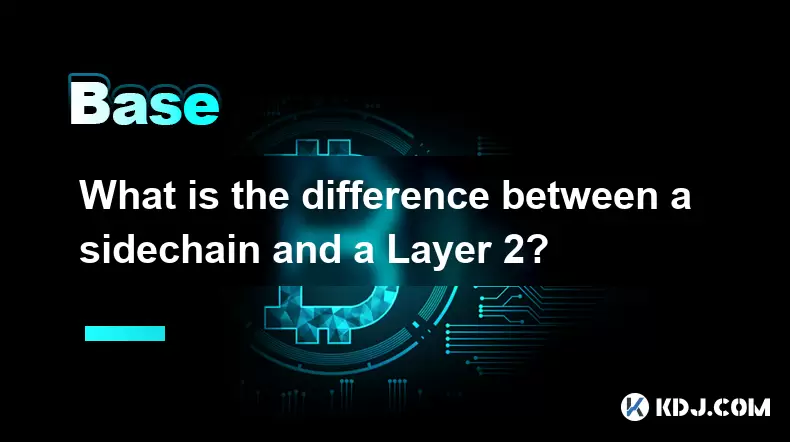
What is the difference between a sidechain and a Layer 2?
Jul 20,2025 at 11:35pm
Understanding the Concept of SidechainsA sidechain is a separate blockchain that runs parallel to the main blockchain, typically the mainnet of a cryp...
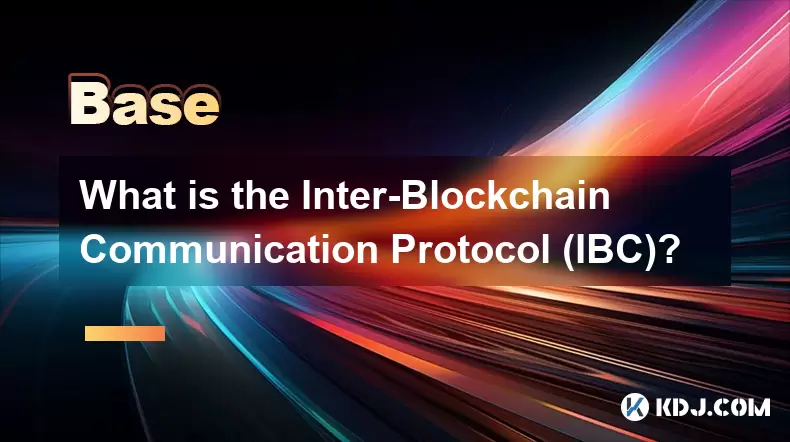
What is the Inter-Blockchain Communication Protocol (IBC)?
Jul 19,2025 at 10:43am
Understanding the Inter-Blockchain Communication Protocol (IBC)The Inter-Blockchain Communication Protocol (IBC) is a cross-chain communication protoc...
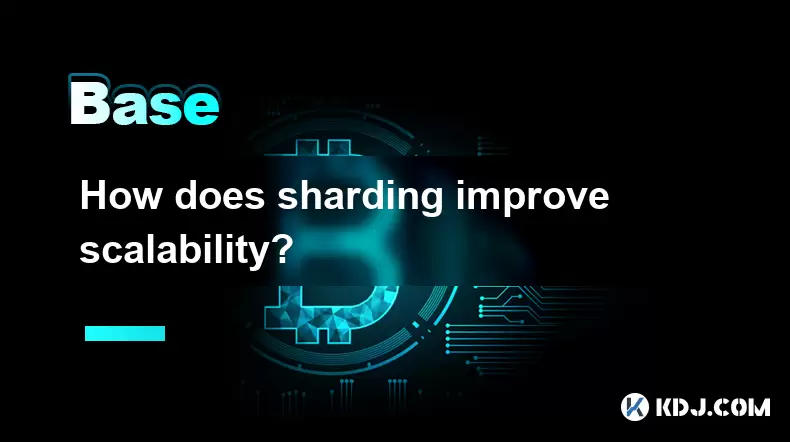
How does sharding improve scalability?
Jul 20,2025 at 01:21am
Understanding Sharding in BlockchainSharding is a database partitioning technique that is increasingly being adopted in blockchain technology to enhan...
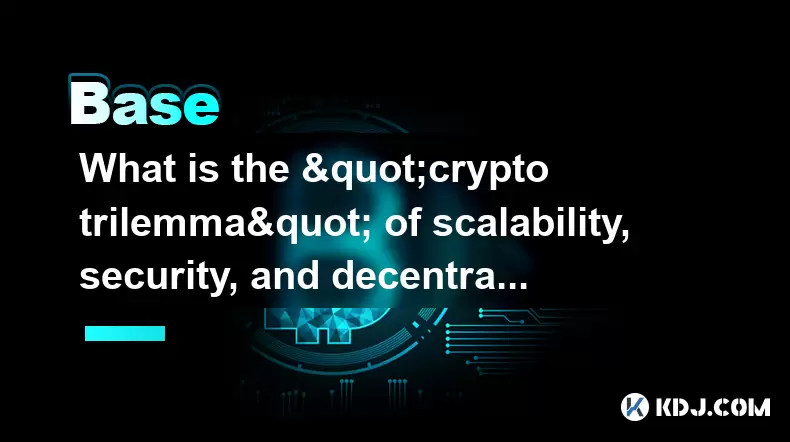
What is the "crypto trilemma" of scalability, security, and decentralization?
Jul 19,2025 at 06:28pm
Understanding the Concept of the Crypto TrilemmaThe crypto trilemma refers to the challenge of simultaneously achieving scalability, security, and dec...
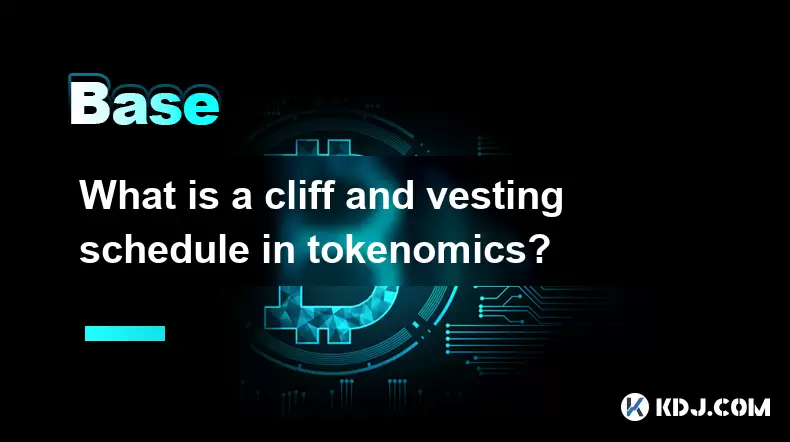
What is a cliff and vesting schedule in tokenomics?
Jul 20,2025 at 10:28am
What Does a Cliff Mean in Tokenomics?In tokenomics, a cliff refers to a specific period during which token holders are not allowed to access or transf...
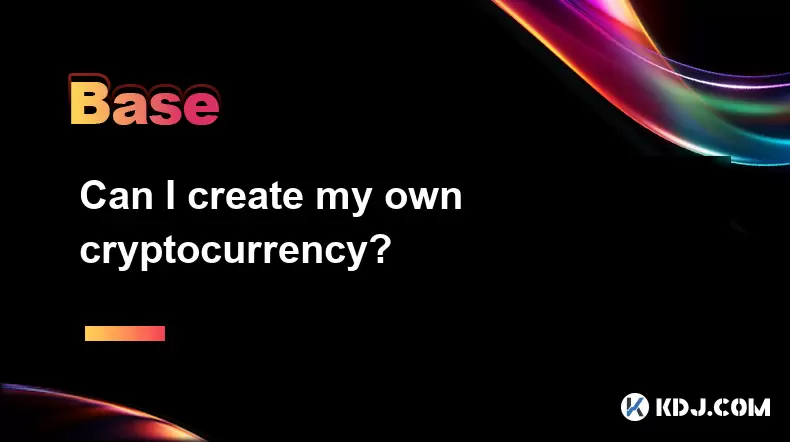
Can I create my own cryptocurrency?
Jul 20,2025 at 11:49pm
Understanding the Basics of Creating a CryptocurrencyYes, you can create your own cryptocurrency, but it involves a combination of technical knowledge...

What is the difference between a sidechain and a Layer 2?
Jul 20,2025 at 11:35pm
Understanding the Concept of SidechainsA sidechain is a separate blockchain that runs parallel to the main blockchain, typically the mainnet of a cryp...

What is the Inter-Blockchain Communication Protocol (IBC)?
Jul 19,2025 at 10:43am
Understanding the Inter-Blockchain Communication Protocol (IBC)The Inter-Blockchain Communication Protocol (IBC) is a cross-chain communication protoc...

How does sharding improve scalability?
Jul 20,2025 at 01:21am
Understanding Sharding in BlockchainSharding is a database partitioning technique that is increasingly being adopted in blockchain technology to enhan...

What is the "crypto trilemma" of scalability, security, and decentralization?
Jul 19,2025 at 06:28pm
Understanding the Concept of the Crypto TrilemmaThe crypto trilemma refers to the challenge of simultaneously achieving scalability, security, and dec...

What is a cliff and vesting schedule in tokenomics?
Jul 20,2025 at 10:28am
What Does a Cliff Mean in Tokenomics?In tokenomics, a cliff refers to a specific period during which token holders are not allowed to access or transf...

Can I create my own cryptocurrency?
Jul 20,2025 at 11:49pm
Understanding the Basics of Creating a CryptocurrencyYes, you can create your own cryptocurrency, but it involves a combination of technical knowledge...
See all articles
























